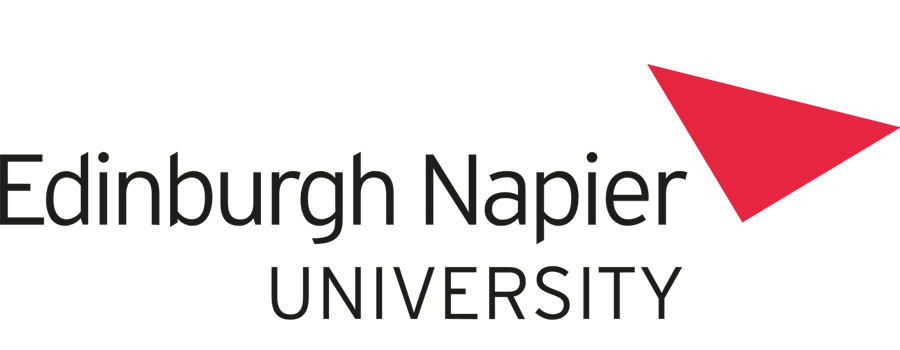Please start typing and select a location from the list
313 Jobs Found
Search
Sort
313 Jobs Found
PhD Alert Created
Job Alert Created
Your PhD alert has been successfully created for this search.
Your job alert has been successfully created for this search.
Ok OkPhD Alert Created
Job Alert Created
Your PhD alert has been successfully created for this search.
Your job alert has been successfully created for this search.
Manage your job alerts Manage your job alertsAccount Verification Missing
In order to create multiple job alerts, you must first verify your email address to complete your account creation
Request verification email Request verification emailjobs.ac.uk Account Required
In order to create multiple alerts, you must create a jobs.ac.uk jobseeker account
Create Account Create AccountAlert Creation Failed
Unfortunately, your account is currently blocked. Please login to unblock your account.
Email Address Blocked
We received a delivery failure message when attempting to send you an email and therefore your email address has been blocked. You will not receive job alerts until your email address is unblocked. To do so, please choose from one of the two options below.
Max Alerts Reached
A maximum of 5 Job Alerts can be created against your account. Please remove an existing alert in order to create this new Job Alert
Manage your job alerts Manage your job alertsCreate PhD Alert
Create Job Alert
When you create this PhD alert we will email you a selection of PhDs matching your criteria.When you create this job alert we will email you a selection of jobs matching your criteria. Our Terms and Conditions and Privacy Policy apply to this service. Any personal data you provide in setting up this alert is processed in accordance with our Privacy Notice
Create PhD Alert
Create Job Alert
When you create this PhD alert we will email you a selection of PhDs matching your criteria.When you create this job alert we will email you a selection of jobs matching your criteria. Our Terms and Conditions and Privacy Policy apply to this service. Any personal data you provide in setting up this alert is processed in accordance with our Privacy Notice
Max Saved Jobs Reached
A maximum of 500 Saved Jobs can be created against your account. Please remove an existing Saved Job in order to add a new Saved Job.
Manage Saved Jobs




